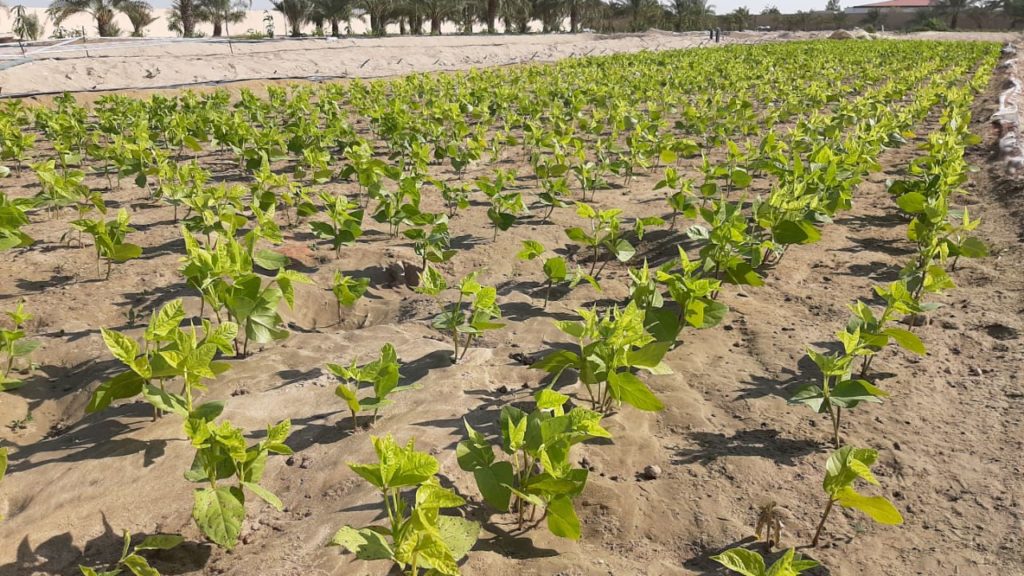
In 2019, the Food and Agriculture Organization (FAO) noted that 52 million people in the MENA region were chronically undernourished.
The COVID-19 pandemic, along with climate change and economic slowdown, could bring twice as many under the purview of ‘acute food insecurity’ this year.
Water scarcity, an arid climate and limited arable land undermine conventional agriculture in the region, with even economically able nations, such as the UAE, importing 80% to 90% of their food supply.
“Food security in the MENA region requires holistic solutions that address multiple challenges concurrently, rather than a piecemeal approach”, says Chandra Dake, CEO and Founder of Dake Reschand, a Dubai-based company offering sustainable solutions in water conservation and desert farming.
“As opposed to monoculture where, after successive cycles of farming, the soil is depleted of vital nutrients, permaculture could maximize output with minimal resource input, while constantly adding to soil fertility,” adds Chandra.
According to ESMA data, about 2,356 organic products were registered within a mere six months last year – up 53% in a quarter to quarter comparison. Such promising figures are indicative of UAE’s potential to ascend up the organic farming value chain, according to Reschand.












